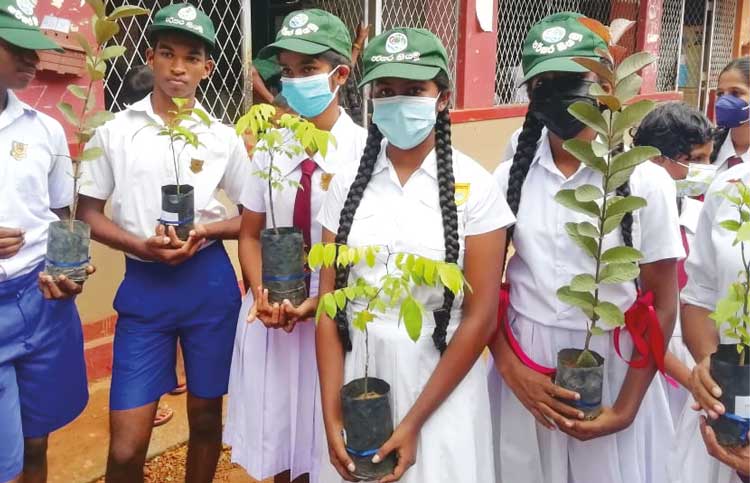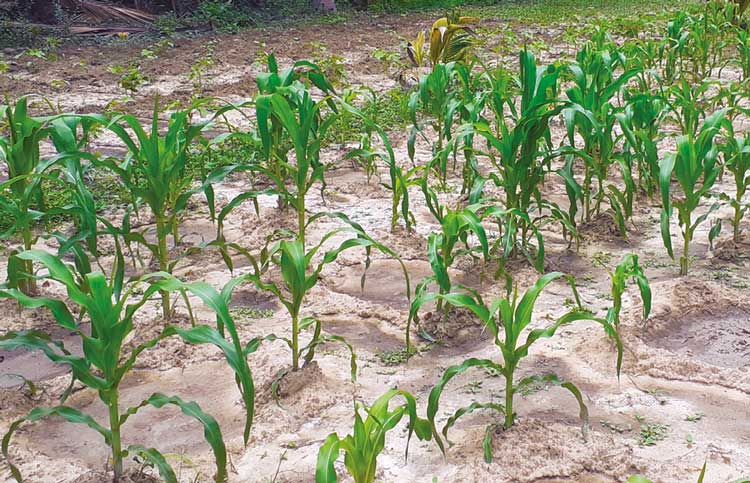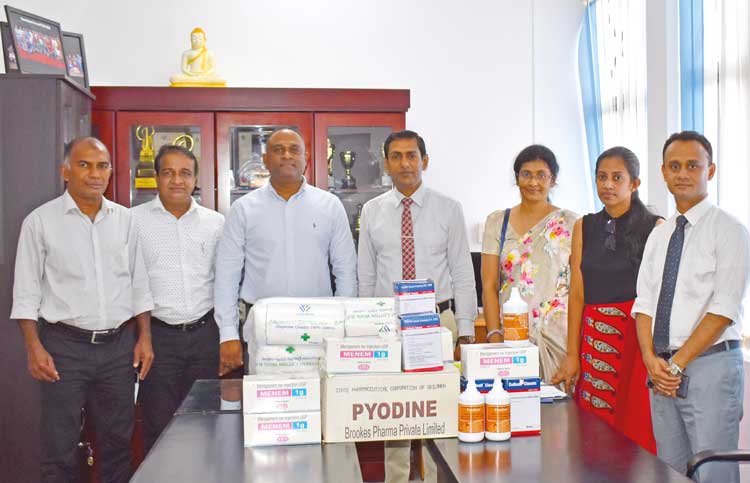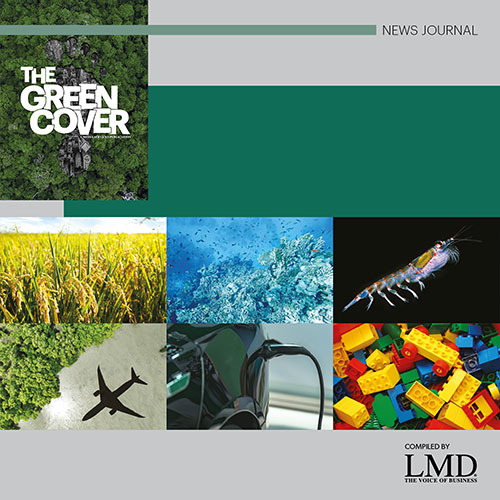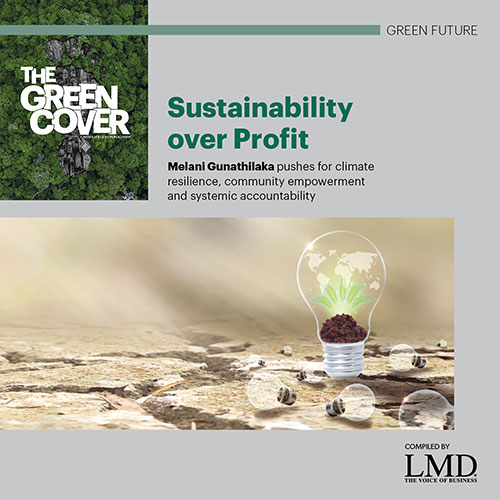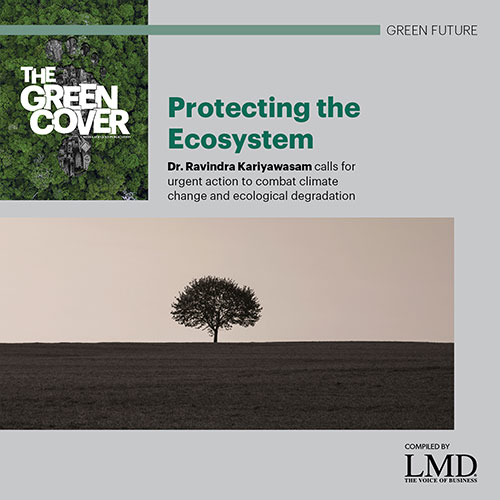HIRDARAMANI
Q: What does ‘corporate sustainability’ mean for your organisation?
A: At Hirdaramani, sustainability has always meant staying true to our founding values – a simple commitment to do the right thing. Doing what is best for our people and communities has always been a guiding principle for us. This includes a pressing need to safeguard our planet.
Sustainability is about caring for our associates and creating a better future for everyone. Protecting the planet is synonymous with this ideal.
Q: How can corporates balance profitability and sustainability?
A: We moved away from thinking about sustainability as a cost centre at Hirdaramani. Instead, we see it as a chance to expand our business. Every investment we’ve made in sustainability has yielded a return, and had a beneficial influence on growth and profitability – from investing in our workers to ‘greening’ facilities and community programmes.
In the past, these returns often required patience and a long-term view, which we are committed to. With changing consumer habits and awareness however, and tried, tested and rapidly evolving technology, the returns are much closer today.
The key to reconciling profitability with sustainability is to abandon the outdated notion of sustainability as an investment that’s frequently purely marketing or compliance-related; and instead, view it as an opportunity – a chance to build a stronger, more empowered and loyal workforce while fulfilling the needs of tomorrow’s consumers, and implementing long-term cost cutting methods and technologies.
Q: What are the latest trends in terms of CSR and sustainability?
A: One of the most influential factors in sustainability and CSR activities is information. There is greater emphasis on accountability and dismantling of concepts such as ‘greenwashing’ as a result of people’s increased access to data, and their increased awareness and speaking out.
Consequently, businesses and governments are feeling increased pressure to implement concrete measures to improve.
From an environmental perspective, there is a decisive move to circularity. In addition, the concepts of ‘recyclable’ and ‘biodegradable’ are now looked at more in-depth to deliver true value for the environment.
From a people perspective, the move is towards wellbeing – ensuring personal, financial and emotional wellness. We have moved away from simply higher pay and better work conditions to a more holistic view of our impact on people, their families and communities.
Equality has also moved into a stronger position with greater awareness and focus on removing workplace prejudice, bias and exploitation.
Post-COVID-19 globally, and with the current economic crises in Sri Lanka, corporates have a more significant role to play in supporting communities to rebuild.
Because of this shift to greater responsibility and solutions with real impact, businesses that want to thrive in the years ahead will need to be able to show they have made a difference.
Q: With Sri Lanka currently facing an unprecedented economic crisis, are corporates in a position to focus on sustainability as a priority?
A: In the current situation, we believe it is more a question of can we afford not to?
First and foremost, the people of Sri Lanka are in dire need of support right now. It is a moral obligation to help our staff and local communities get through this difficult time.
Our main focus is ensuring employment. In addition, we have several programmes running to support communities.
These range from offering assistance – firstly, to our employees and their families with financial and other forms of support; providing medical supplies to hospitals to strengthen communities; and projects such as ‘Waga Sangramaya’ through which we have set up vegetable gardens in factories and incentivise employees to do the same in their homes.
The other requirement is to increase exports – this remains vital for rebuilding our economy. As a smaller country, our success as an exporter lies in delivering value added products, thereby attracting more premium – and in today’s context, more sustainable – brands. This is where sustainability impacts the environment; and importantly, people and community.
During the height of the COVID-19 pandemic, we did not stray from our sustainability commitments; and we believe this was essential to our ability to weather a difficult time. As we move into a whole new challenge, we remain committed to this and hope to set an example for other corporates to follow.




